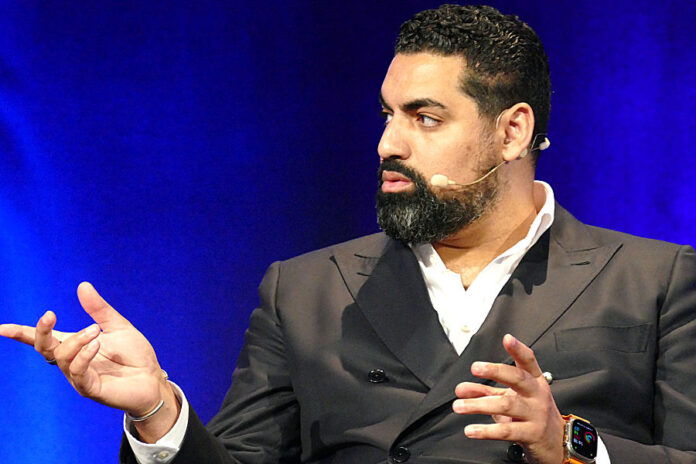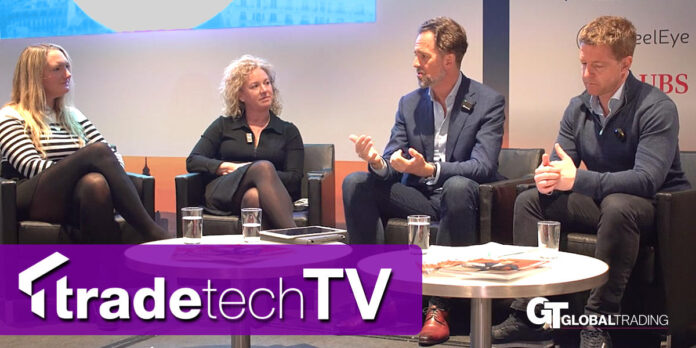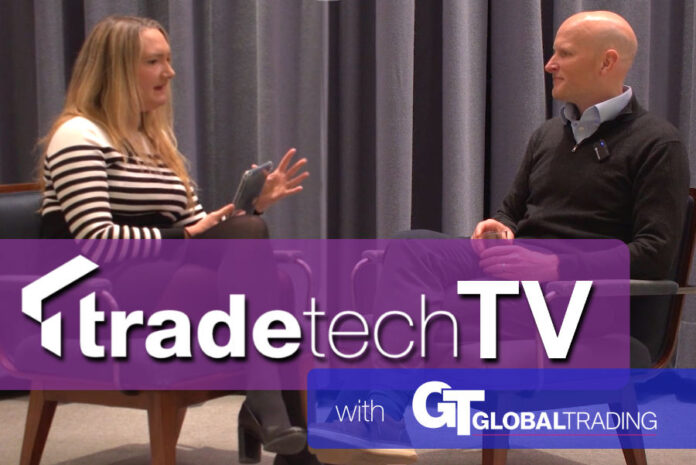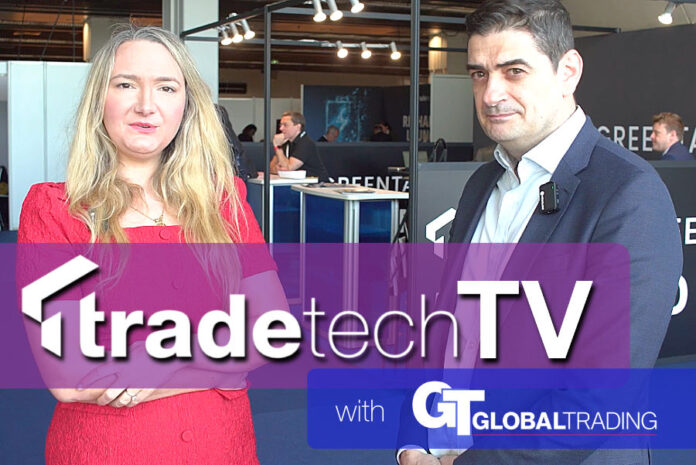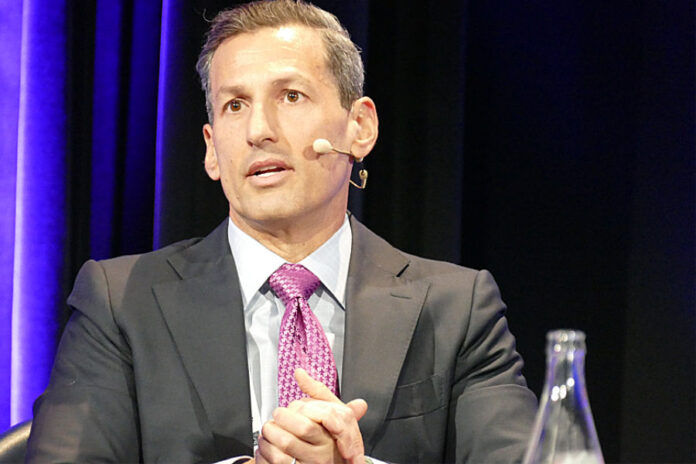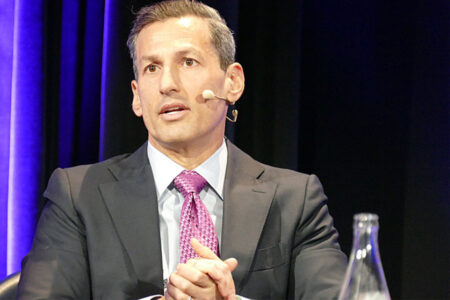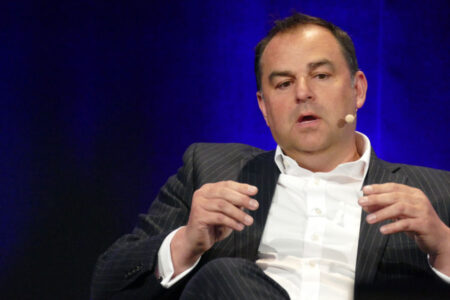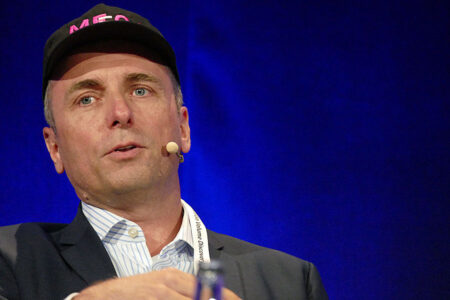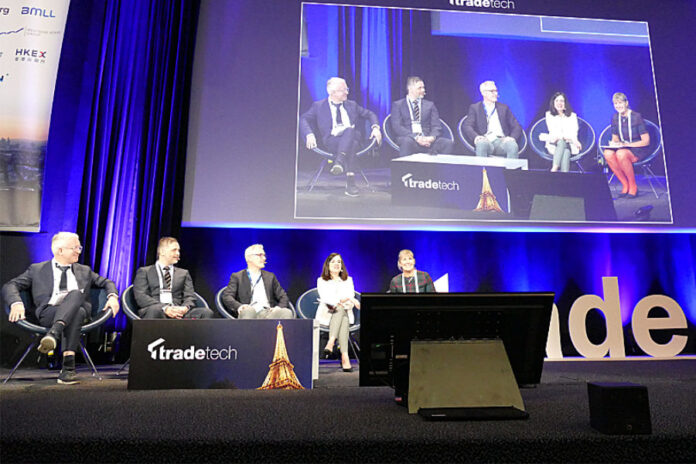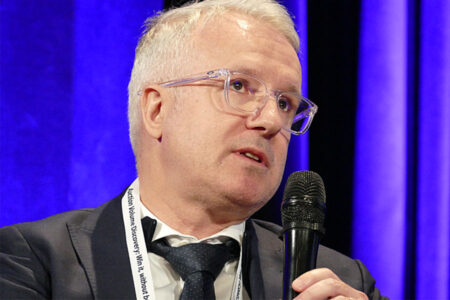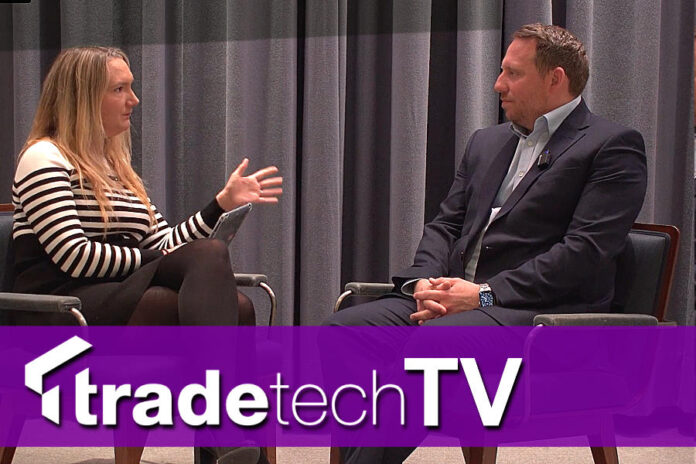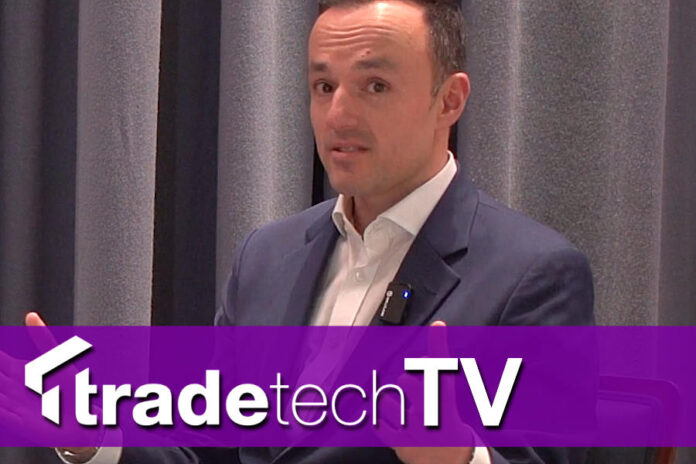The retail equity market in Europe has flatlined as a result of over-protective government policy, infighting between national exchanges and a stodgy regulatory environment.

James Webb, deputy head of execution services at broker Peel Hunt, said, “If we look at retail participation in the FTSE 250 over the last ten years, we’re pretty much seeing a flat line, with a very, very large concentration in participation. What a lot of people don’t know is, we see 80% of traded value in 20% of stocks and 50% of traded value in 5-6% of those names.”
Recent innovation in the broker side has helped to encourage retail participation, said Mark Davies, co-founder and CEO of S3.
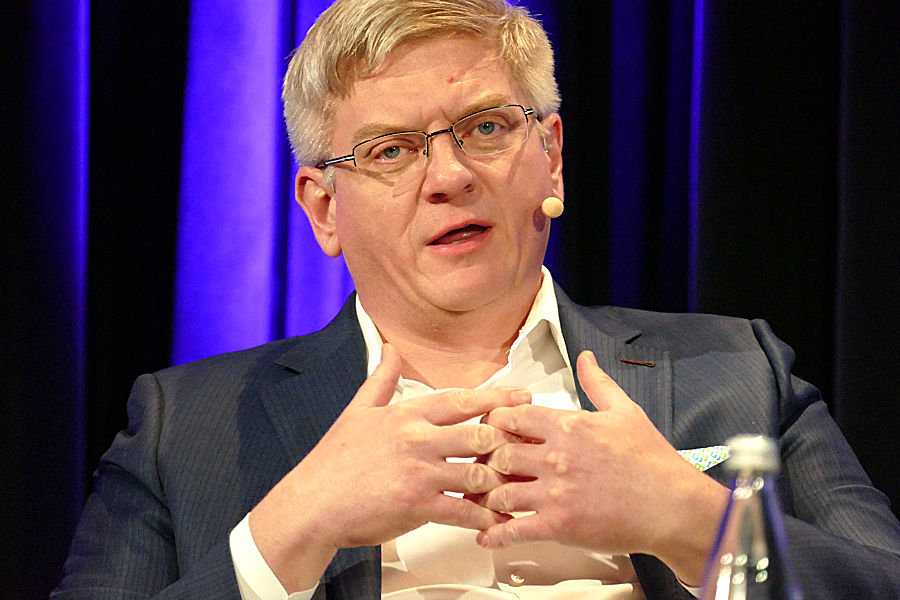
“The retail concentration in the US was consistently around ten percent until about 2019,” he said. “In late 2019, Charles Schwab was the first traditional broker to charge zero commission. That started this massive explosion in volume, along with the pandemic in 2020, and so now we’re seeing around 25% of volume from retail trading.”
Despite concerns around payment for order flow, Davies said “The retail trader has never had a better. A retail trader can get into execution with price improvement, not pay for any data. It’s all free for them. And so you know, retail traders in the US and and we’re seeing a large influx of flow from Europe, from Asia, a lot of trading is coming to us because of these opportunities.”
Wail Azizi chief strategy officer at market operator Equiduct, noted this was in contrast tie the European landscape.
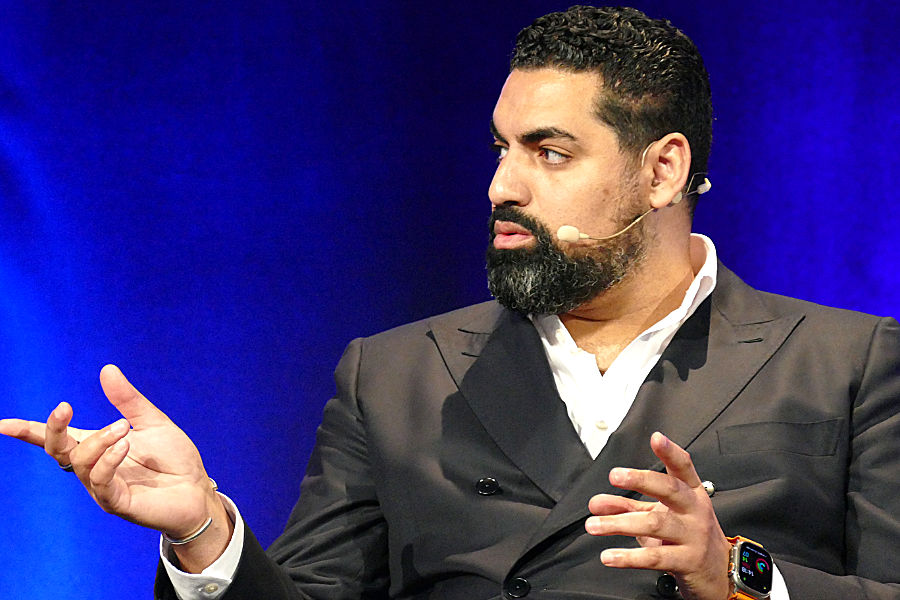
“In order to get more retail on the market, there are a lot of levers that needs to be activated,” he said. “One is the fiscal incentives allowing retail to trade more easily into to the market, then harmonisation of the rules and infrastructures, which would allow more retail investors into the market – Mark has noted the comparison to the US market – but in the US market, there is one market infrastructure, one CCP, one settlement system, one set of rules. These guys are all playing within the 401k pension system, while across the whole of Europe there is a patchwork of different pension systems and regimes. So there’s a lot that needs to be done and I don’t think that the solutions that Europe is bringing in are the right ones.”
He cited the consolidated tape one of many ‘buzzwords’ that is championed around but really blown out of proportion in terms of importance. The real change needed to be delivered via national market infrastructure, he said.
“How do you change or collaborate with exchanges when to win market share, they wouldn’t fight using the lever of price war because that’s a race to the bottom, they wouldn’t use a lever of innovation – in terms of better service – because that’s a race to the top. So, what they do is basically use is the anti-competitive lever to crush competition. This is why we you see more fighting between exchanges here than in the US, about who has the most quality and who has this and that. To make sure that the investor gets the best service, is all that matters at the end.”
©Markets Media Europe 2024

